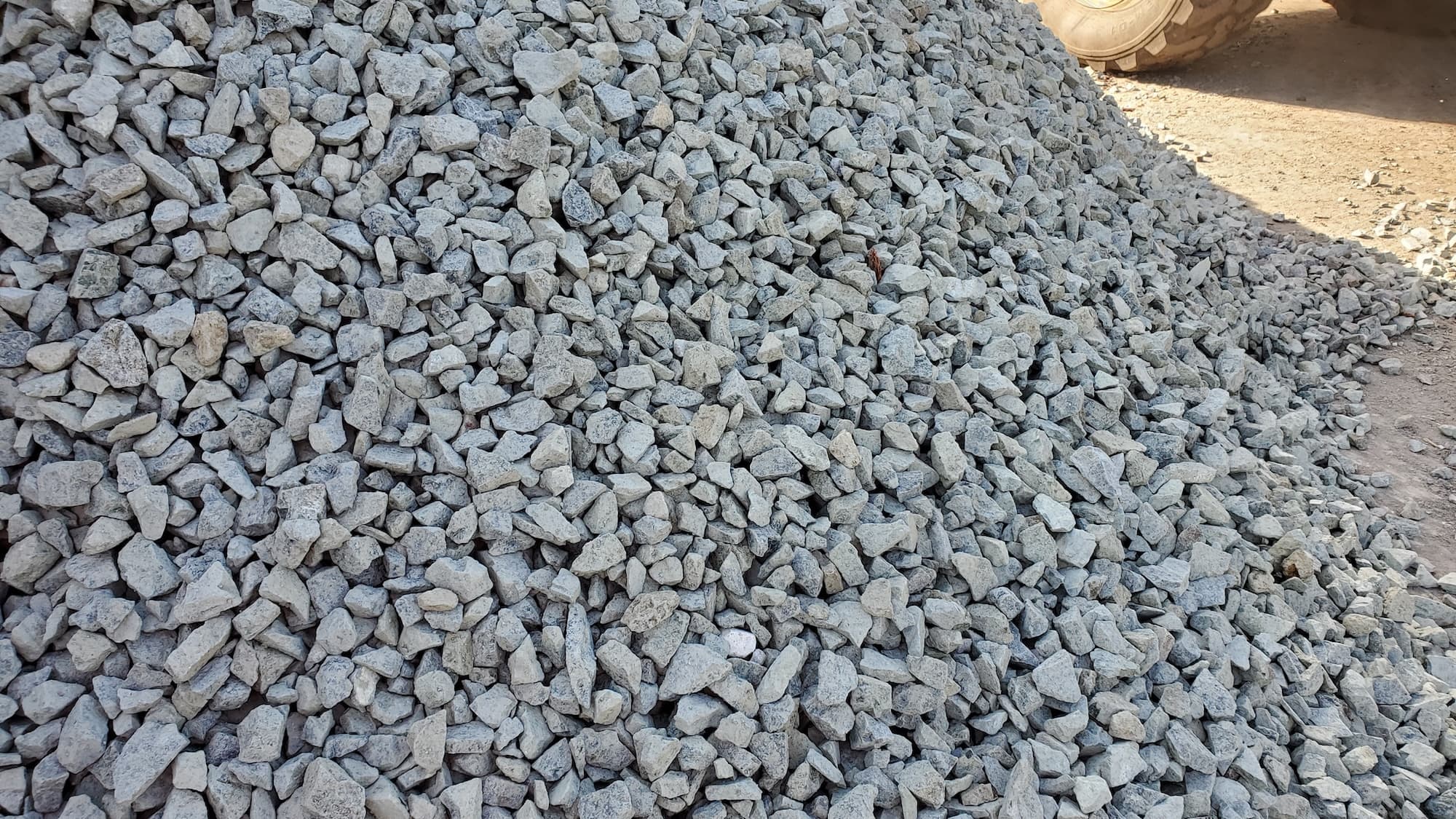West Seattle Permeable Gravel Driveway
Homeowner’s Issue
West Seattle yards face a specific set of drainage and soil headaches. We get more than 35 inches of rain a year, concentrated from October through March, and that catches people off guard: water sheets off roofs, collects on compacted paths, and scours driveways on steep sections like High Point or the slopes above Admiral. Many properties around Alki and Lincoln Park sit on a mix of sandy beach deposits and dense glacial till, so a one-size impermeable solution either puddles or shifts.
Curb appeal matters here — lots of homes are visible from narrow streets and hills, and HOAs in some pockets expect tidy edges and low-maintenance plantings. Traditional asphalt channels runoff into storm systems; a well-built permeable gravel driveway soaks water on-site, reduces erosion on steep grades, and keeps salt and silt from clogging drains. Weed and moss pressure is real: shady corners near Schmitz Preserve and north-facing slopes hold moisture and green up fast. Our approach accounts for local microclimates, prevents washouts on winter storms, and fits neighborhood aesthetics while meeting sustainable stormwater goals.
Our Quality Service
We install permeable gravel driveways with local conditions in mind. Work includes a site assessment, excavation to proper depth, layered drainage rock, and a screened top gravel course compacted for stability. Typical timeline: a small driveway takes 1–2 days; larger or sloped jobs 2–4 days, depending on access and haul-out.
Tools and methods: compactors, excavators, transfer dumpers, and laser levels for pitch control. We size sub-base and top course for your soil — sandy beach zones get deeper base; clay pockets get extra drainage and geotextile where needed. We use sustainable methods only: no herbicides, organic weed control, and recycled or local rock when available. Benefits: safer traction, less standing water, improved curb appeal, and a longer-lasting surface with minimal upkeep.
What’s Included
- Site visit and soil/drainage assessment
- Full excavation to specified depth
- Installation of graded base (larger drainage rock)
- Filter layer (geotextile) where needed
- Screened top gravel layer compacted for use
- Clean-up and haul-away of debris
Options / Upgrades:
- Landscape edging (steel, timber, or stone)
- Mulch + fabric around edges to reduce weeds
- Organic weed control and hand-weeding program (no herbicides)
- Perimeter planting with native, deep-rooting species
- Haul-away vs. green-bin/compost drop-off options
Before & After / Expectations
Expect some noise and truck traffic during excavation and hauling. We’ll need clear access to the driveway and a place to stage materials — narrow streets in West Seattle may require shorter haul drives and slightly longer setup. After installation there will be loose gravel that settles; allow 24–48 hours before regular vehicle use on small jobs, and longer on freshly compacted slopes.
Debris handling: we separate green waste and demo material; choose green-bin drop-off when feasible. Seasonal expectations: winter rains will test permeability—properly installed systems handle typical storms but heavy seasonal deluges may surface-flow briefly. Post-install care tips: avoid using herbicides, sweep grit into planting strips, and top-dress high-traffic ruts with screened gravel in spring.
Care tips for West Seattle:
- Watering: minimal for hardscape; new plantings need morning watering in summer.
- Weed pressure peaks late spring—hand-pull or spot-rake and top-dress.
- Moss thrives in shaded north-facing spots—improve sunlight and airflow where possible.
FAQs
- How long does installation take? Small single-drive installs usually 1–2 days; sloped or long drives 2–4 days.
- Do I need a permit? Some West Seattle parcels require grading or stormwater permits—we check local codes and advise on permits during the estimate.
- Will weeds be a problem? We install fabric and use organic controls, but regular spring tidy-ups keep weeds from establishing.
- How does a permeable driveway perform in winter? It drains faster than asphalt; freeze/thaw can move loose gravel—occasional topping is normal.
- Can you match neighborhood aesthetics? Yes — we offer edge treatments and gravel grades to match nearby homes and HOA expectations.
Call to Action
If you own a home in West Seattle and want a driveway that drains, looks tidy, and lasts, book a free estimate. We schedule quickly, prioritize practical, sustainable fixes, and show up prepared for tight streets and sloped sites. Trusted local crew with 15 years experience around Alki, Lincoln Park, and High Point.
Contact: neatandtidyseattle@gmail.com
Phone: 206-538-9344










